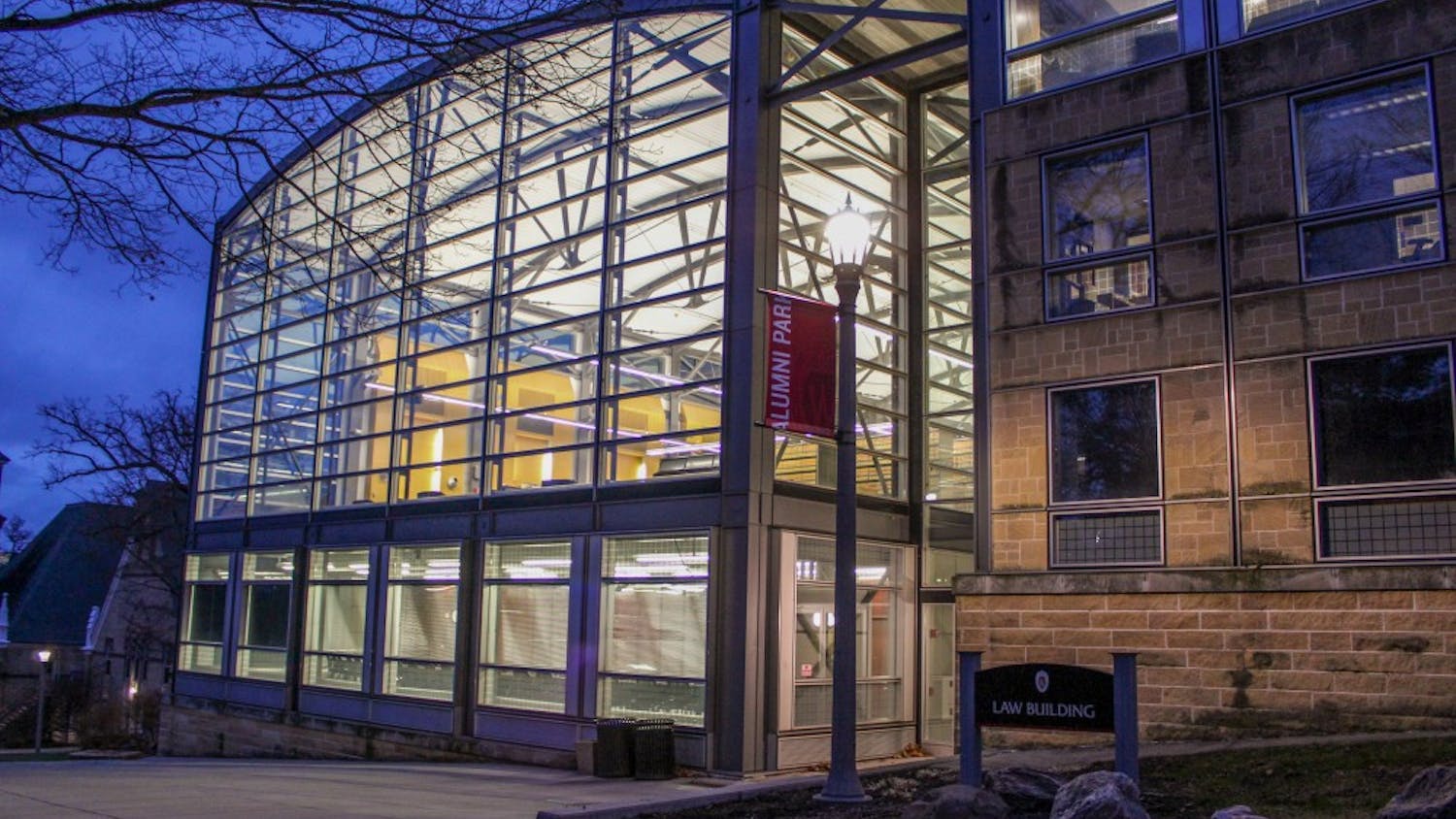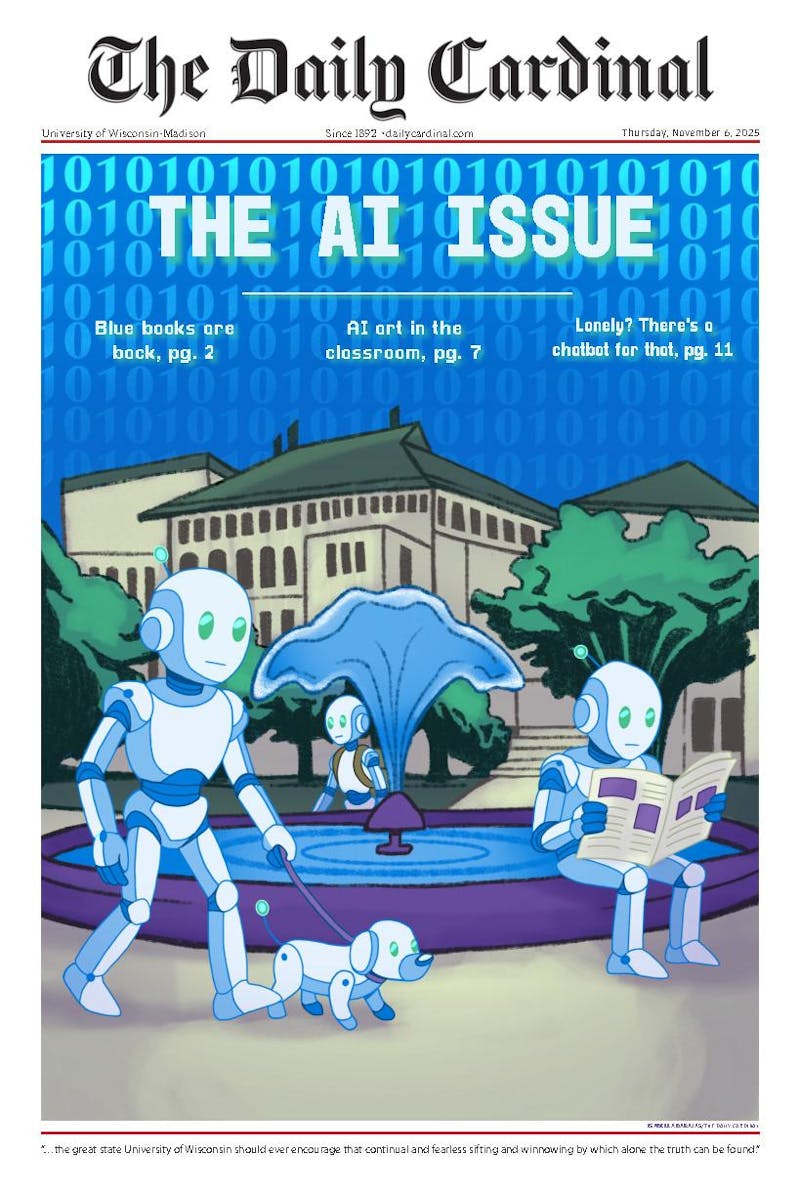I recently - and randomly - sat down and re-watched the movie Elf."" I found myself laughing at the funny parts, admiring Will Ferrell's humor and generally thinking that it is a hilarious take on the Christmas spirit - a funny and heartwarming film that sets the mood for the upcoming holiday season. I also found myself getting weirdly sentimental at the end of the film.
Buddy, the human raised by elves who can do nothing right, finds himself trying to save Christmas after Santa has crashed in Central Park. Santa's sleigh lost its carbine engine and thus doesn't have enough fuel in the Claus-o-meter, which measures Christmas spirit. The only way to save Christmas is to naturally power the Claus-o-meter the old-fashioned way by getting the people of New York to believe in Santa again. They use the most important Code of the Elves: ""the best way to spread Christmas cheer is singing loud for all to hear,"" as his love interest, Jovie, leads a large group of people in singing ""Santa Claus is Coming to Town.""
In the end... well, we all know how it ends. So how does a 20-something college student get sentimental watching ""Elf?"" I am not too sure. I think it might have something to do with the simplicity of the message. Buddy is cast away from his elf community to New York City in a quest to find his true identity and his family. Yet, what he finds is a city full of people who have forgotten the true meaning of Christmas, something that he has never once questioned. For Buddy, the true meaning of Christmas isn't rooted in religiosity; he found it in more ubiquitous themes. Themes of friendship, family and love. Of giving, sharing and laughing. In modern times, rampant consumerism has replaced much of what the holiday season used to be about. This year, with the heavy weight of social and economic problems burdening our collective psyche as a nation, might be the best to rekindle the joys of yesteryear.
Most will probably be receiving less in terms of goodies and gadgets, so maybe we should try to be more about giving this year: giving back to our communities, food banks, food kitchens. We should try to be more giving to our families: more hugs and smiles. We should find joy again in the simple holiday traditions, like the singing of carols or special family dinners. Maybe by getting less we can remember that it is really about giving more at this time of year, and in turn, get more out of this season.
The omnipotent Onion summed it up very nicely in a recent article: ""Wealthy Cruelly Deprived of True Meaning of Christmas: The nation's poor get to experience true Christmas spirit, while the wealthy, burdened by shopping and party obligations, are left out in the cold.""
Finally, if you don't believe in the power of the holiday cheer, studies have recently shown that when a person becomes happy, a friend living nearby has a 25 percent higher chance of becoming happy themselves, a spouse experiences an 8 percent increased chance, and for next-door neighbors, it's 34 percent.
Also, consider this quote when it comes to happiness and laughter: ""It seems that it's absolutely true that 'laugh and the whole world laughs with you,'"" said Sophie Scott, a neuroscientist at the University College in London.
Ho ho ho, Madison, eat, drink (if you choose to) and be merry! And come back next semester full of holiday cheer. And the Angel said unto them, fear not: for behold I bring you tidings of great joy, which shall be to all people ... and on earth peace, and goodwill towards men.
Joseph Koss is a junior majoring in secondary education in social studies. Please send responses to opinion@dailycardinal.com.





